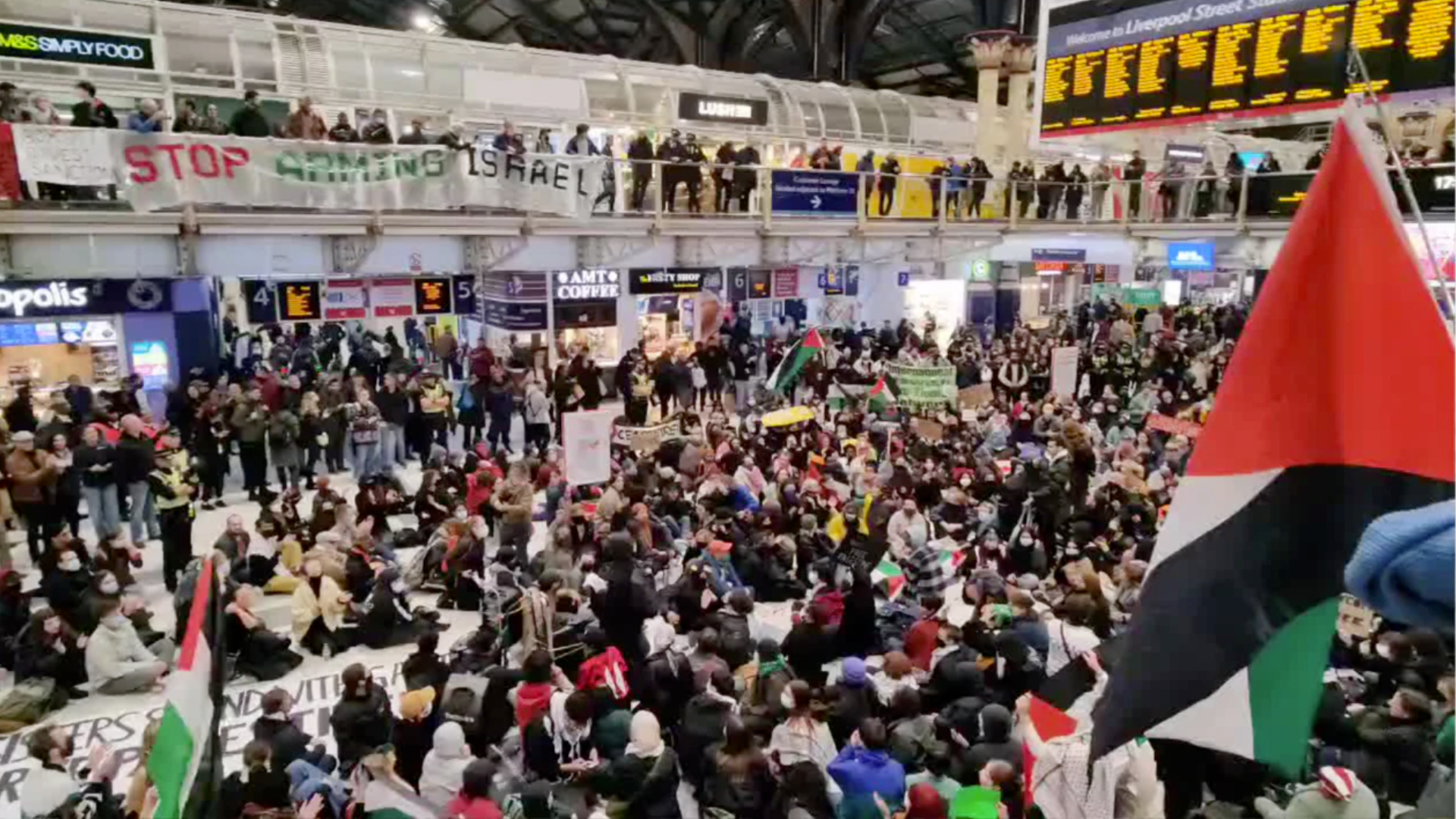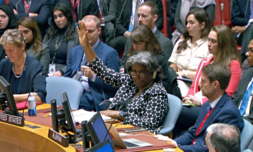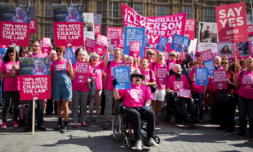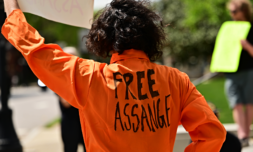As Israel’s bombardment of the Gaza Strip – and more recently the occupied West Bank – continues with intense ferocity, hundreds of people gathered at one of London’s busiest train stations to call for a ceasefire.
Yesterday evening, more than 500 protesters sat inside London’s Liverpool Street station during rush hour to call for an end to Israel’s bombardment in the Gaza Strip.
People were seen holding Palestinian flags, some with ‘We Stand With Palestine’ written on them, while others clapped, chanted, and cheered in support as they made their way through the crowds towards the train platforms.
Although global superpowers – in particular, the US and the UK – have been vocal in their support for Israel, a large portion of the British public is positioned against the level of brutality Israel has deployed in its response to the October 7th attack committed by Hamas.
This became evident last weekend in London, when hundreds of thousands of people marched from Marble Arch to Parliament Square to show support for people in Gaza, despite the fact that the UK’s Home Secretary Suella Braverman has labelled pro-Palestine demonstrations ‘hate marches’.
The public’s tone is similar outside of Britain, with protests condemning the actions of Israel taking place all over the world.
We cannot be silent or silenced
This is Liverpool Street Station, Londonpic.twitter.com/RbCHGjfWY5
— Claudia Webbe (@ClaudiaWebbe) October 31, 2023
Many in attendance at these protests have seen the images and videos trickling out of Gaza and onto social media, in spite of Israeli authorities periodically cutting power and internet access for Palestinians.
This content is showing the entire world the reality now lived by the Palestinian people – a reality that many Western media outlets have continued to heavily censor.
Some videos and photos show people of all ages trapped under rubble, while others dig through through concrete with their bare hands to try and rescue them. Others show people rushing frantically into hospitals, carrying the bloodied and wounded.
Too many capture men and women grieving as they carrying the lifeless bodies of babies, children, family members, complete strangers.
As Israel continues to deny Palestinians access to clean water, food, and fuel, the situation is becoming desperate – in particular inside hospitals providing urgent care. The events unfolding in Gaza at the hands of Israeli forces have been labelled a ‘humanitarian catastrophe’ by the UN and other human rights organisations, though these groups have done next to nothing to stop what is going on.
Watching history’s most documented series of war crimes play out in front of their eyes, people are doing all they feel they can do: show up in large numbers and make their voices heard.
https://twitter.com/LeanneMohamad/status/1718289292433277177





















